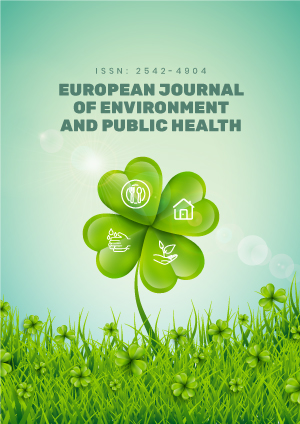Abstract
Introduction: The aim of End of Life (EOL)-care in any setting is to improve the quality of life of patients and families through medical or non-medical interventions. The study aims at identifying gaps in the literature produced on the topic and informs areas for future research in the field.
Objective: To identify articles that discuss death and dying, with the elderly > = 70, living at home, or in nursing homes, in assisted living, or community centres, in hospice or palliative care, in hospitals or emergency care.
Methods: A scoping review of studies in the U. S. and in the Netherlands. Using the inclusion and exclusion criteria, the selected studies were analysed and categorized by themes, and then summarized based on positive, negative and ambiguous views on death discussions at all four (4) levels of discussion.
Results: From a total of one hundred and fifty-nine studies, twenty-five studies passed the selection criteria. Twenty-one were for the U. S., and four were for the Netherlands. The selected studies were analysed and categorized by themes.
Conclusion: The review pointed to a dearth of material that measured the outcome of discussions on the subject of death and dying with the elderly. Future studies could consider discussions on death and dying from the perspective of patients’ anxiety and distress, instead of concerns over financial support, religious and ethnic issues, ethical and legal parameters, and extra medical training.
Keywords
License
This is an open access article distributed under the Creative Commons Attribution License which permits unrestricted use, distribution, and reproduction in any medium, provided the original work is properly cited.
Article Type: Research Article
EUR J ENV PUBLIC HLT, Volume 4, Issue 2, 2020, Article No: em0042
https://doi.org/10.29333/ejeph/8218
Publication date: 29 Apr 2020
Article Views: 8922
Article Downloads: 2457
Open Access References How to cite this article
 Full Text (PDF)
Full Text (PDF)